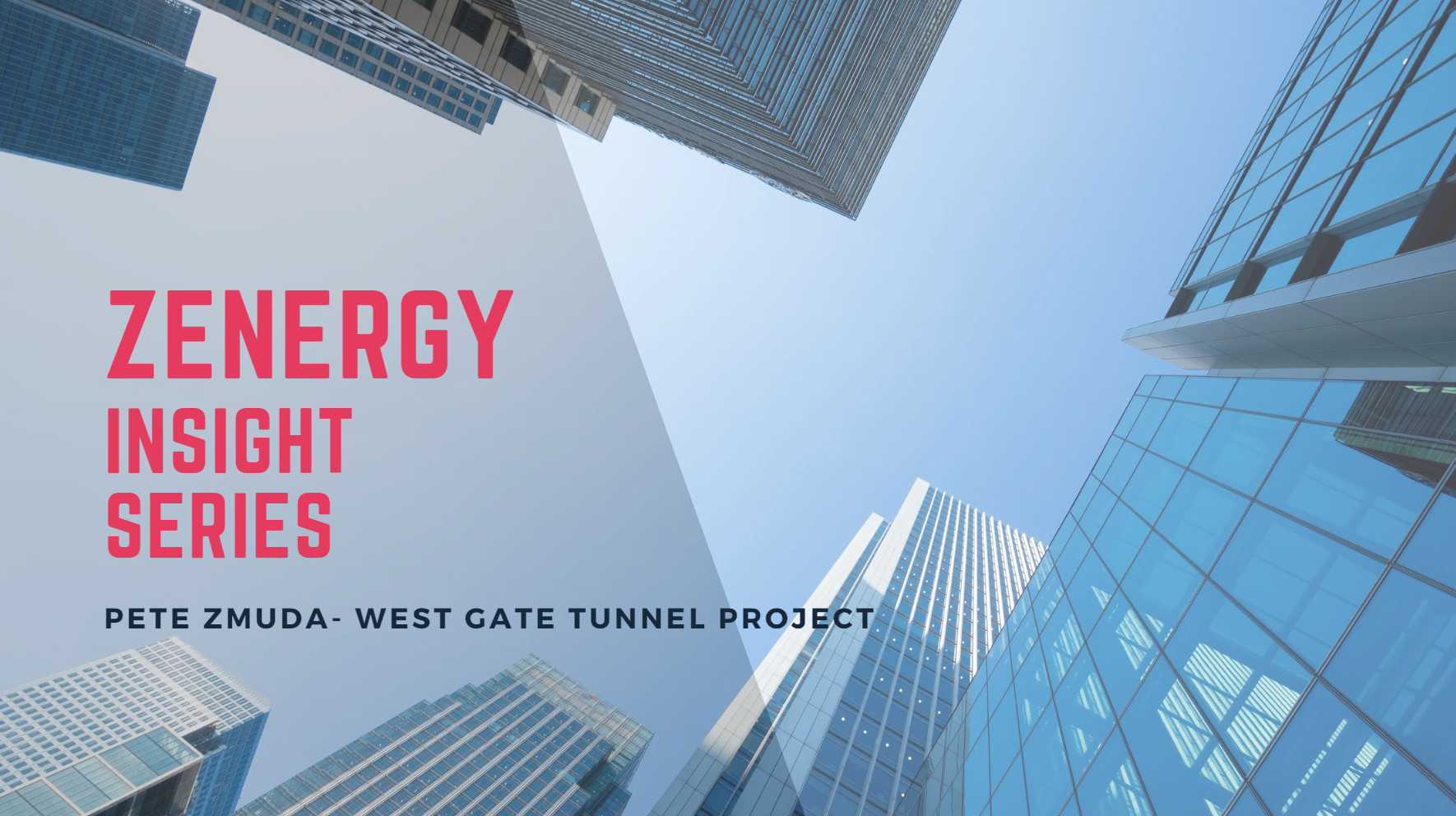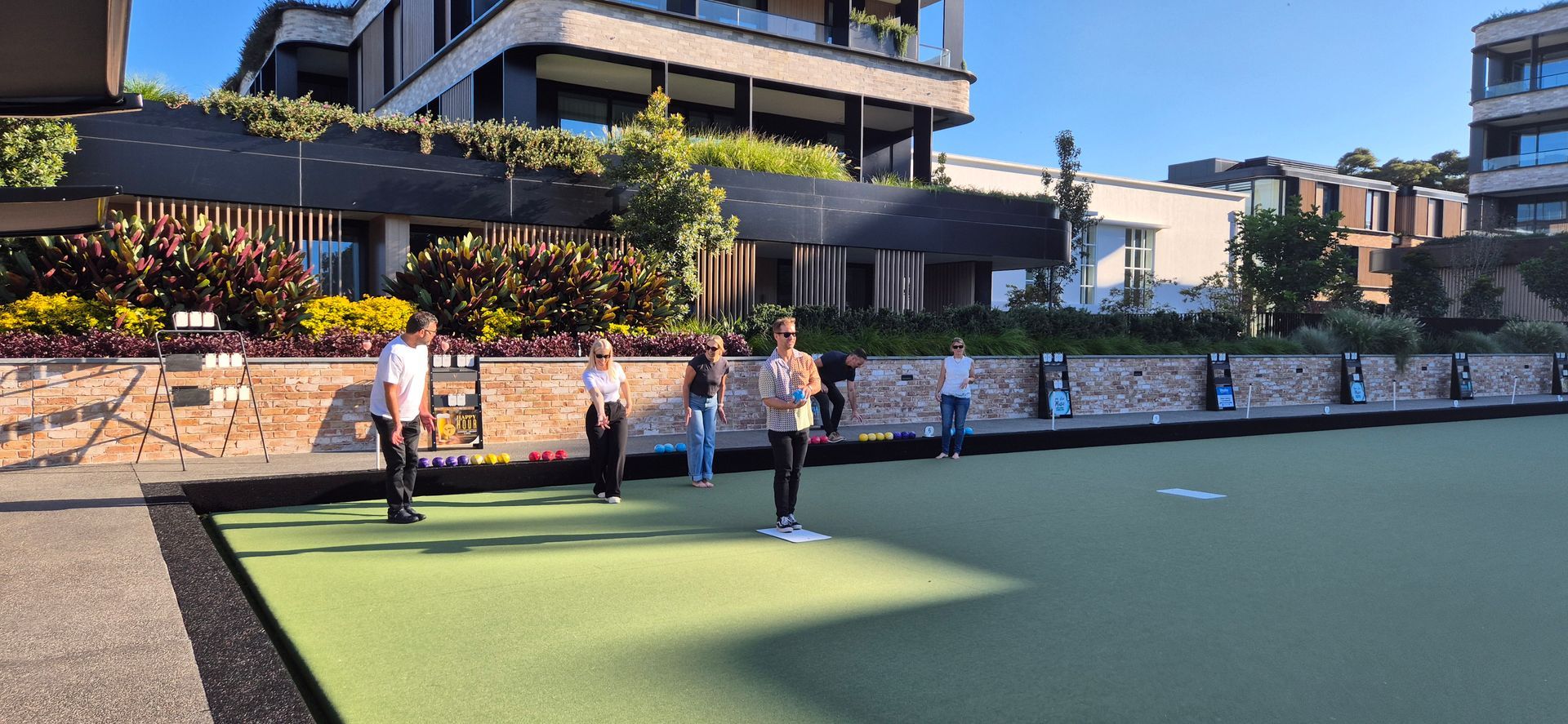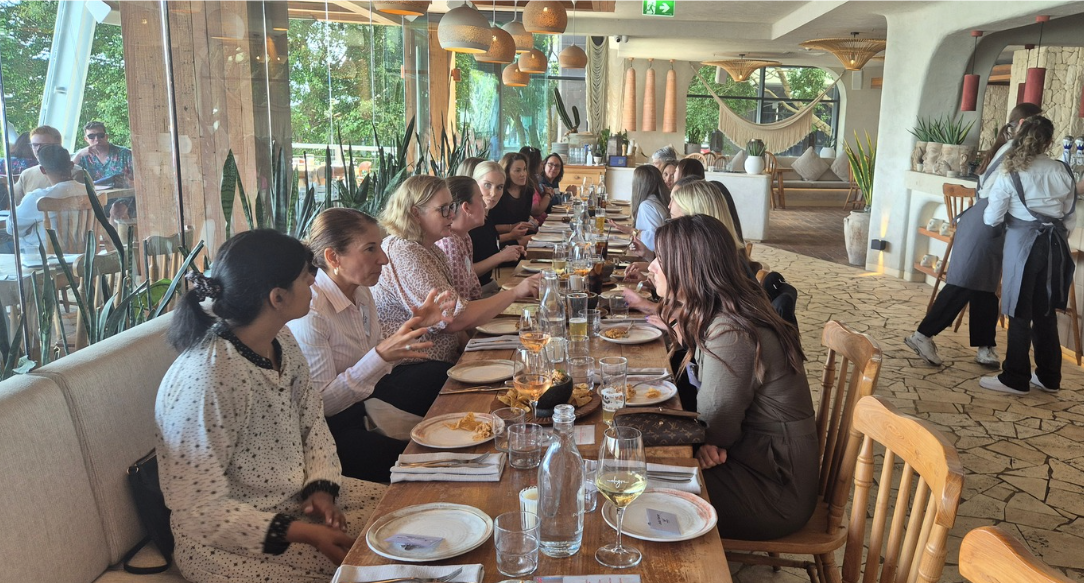The Change Room – Former NRL greats use positive influence to help injured people get back to work
Former Sydney Rooster Anthony Minichiello, former Bulldog Andrew Ryan and former coach Matt Elliott are part of the Change Room program, helping severely injured people get back to work.
Factory worker Dave Henricks hit rock bottom after he slipped and injured himself four years ago.
“I became a recluse and just sat at home, I would have a conversation with my family and would start crying and I didn’t know why,” he said.
Dave Hendricks stands inside the Sydney Olympic stadium – ABC News: Chloe Hart
“I suffered anxiety and depression, so it really dragged me down a long way.”
He’s since quit his factory job to start his own business.
“Without having gone through this program I don’t think I would be where I am today,” said Mr Henricks, who has returned to support this year’s group of injured workers.
‘Work gives us a purpose’
Thirty or so despondent participants, many with walking sticks, crutches and casts have turned up for this year’s program at Sydney’s Olympic stadium.
Founder Matt Elliott takes them through to the changerooms of New South Wales’ biggest stadium, where the great players have sat, before asking how they cope when they feel anxious and depressed.
One participant whose left hand is bound and incapacitated responds “grit your teeth and get on with it”.
Elliott assures them they will be supported to get back on their feet.
“No-one likes being on workers comp, people don’t like sitting at home, work gives us a purpose,” Elliot said.
Five hundred people went through last year’s program, with 40 per cent returning to work.
The program starts with a two-day intensive course involving participants, mentors and health professionals.
Groups participate in sessions sharing what they have been through and where they want to go as well as practical and exercises and are assigned a career coaching specialist.
They are mentored and educated by league players sharing their knowledge about health, fitness nutrition, formulate diet and exercise plans and receive ongoing support through online forums and regroup at functions.
“It’s very difficult finding the next step, they need to work out what they want in life, we give them the tools around your emotional state, breathing, resilience, sleep, movement, exercise, nutrition,” Elliott said.
‘We have such an influence’
Minichiello’s battle with injury over his 14-year career inspired his passion for nutrition and movement exercise, which he shares with the group.
“We’ve had guys lose eight kilos in a week, reverse their type-two diabetes, decrease pain and inflammation, reconnect with family — they’re the stories that make us happy,” he said.
He said the NRL’s disastrous off-season should be a wake up call to the players.
“We have such an influence over young kids and fans — we are trying to use it as a positive to elevate peoples’ wellbeing and that’s something we love and we are proud of.”
The program helps police and paramedics who are out of work because of psychological injury.
“When I was first medically discharged I had a lot of anger because I never wanted to lose my career, I had a 12-year career and an injury took it away,” former policeman and participant David Woods said.
“It was very confronting but uplifting — I should have done this a long time ago,” Mr Woods said.
Originally posted on ABC News
Contact Us
We will get back to you as soon as possible.
Please try again later.
Zenergy News
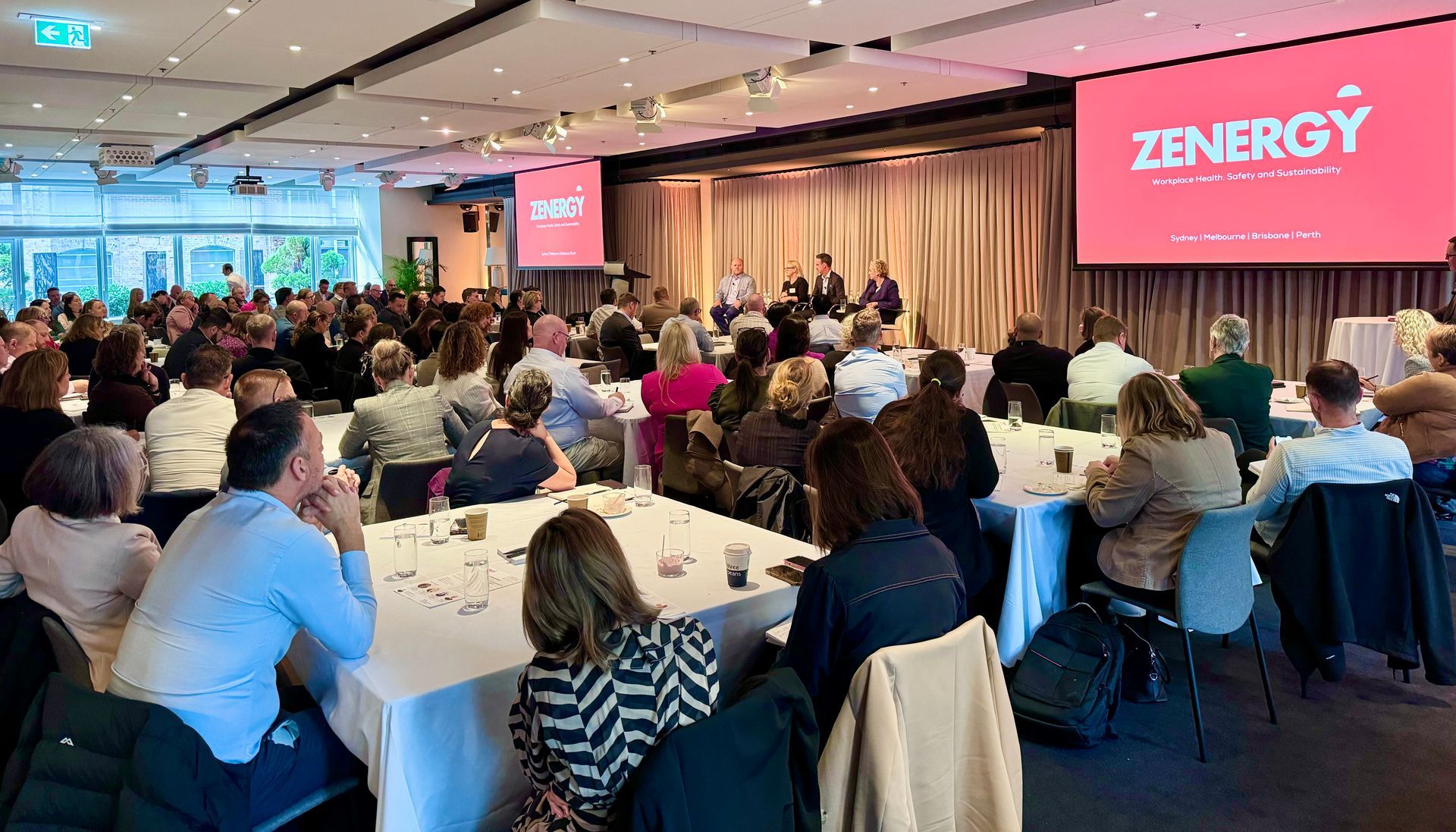
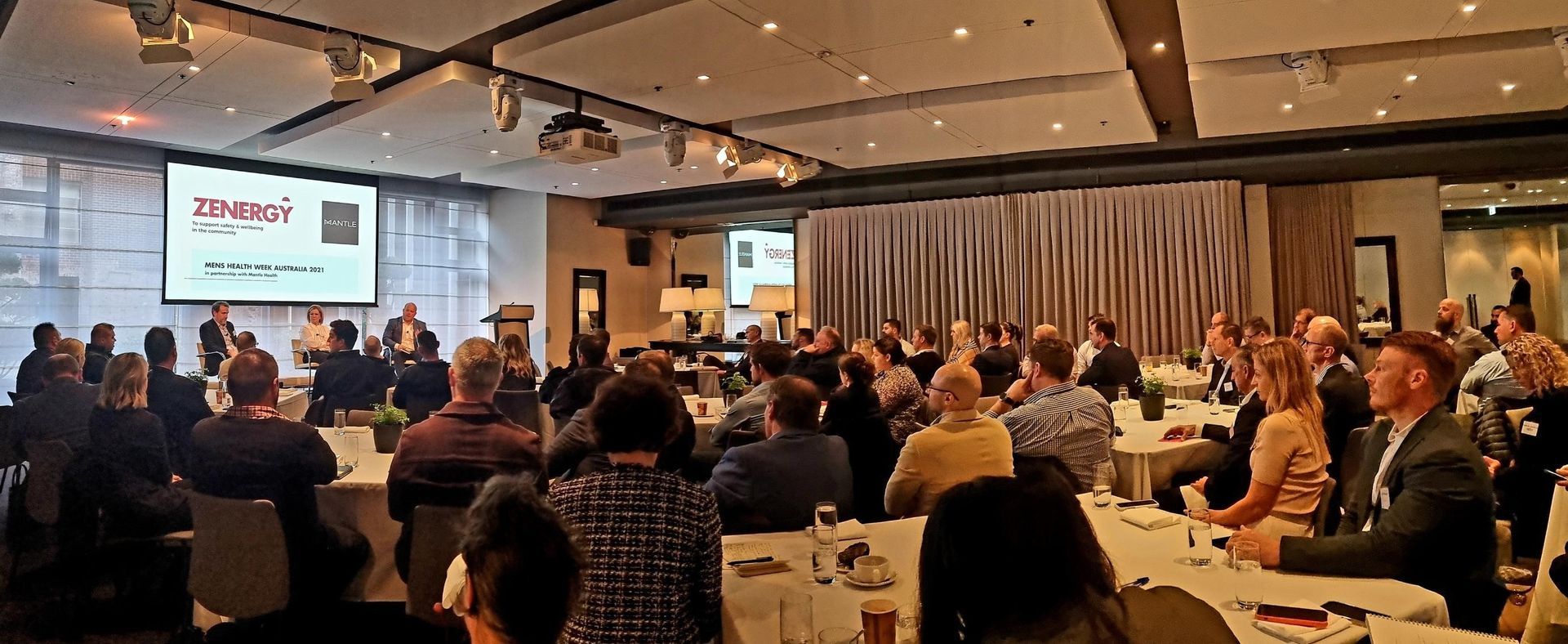

Contact Us
For more information on our services feel free to email us on -
info@zenergygroup.com.au or call 1300 333 400
Sydney
25 Brisbane Street
Surry Hills
Sydney NSW 2010
Melbourne
Level 23, Tower 5, Collins Square
727 Collins Street
Melbourne VIC 3008
Brisbane
Level 54, 111 Eagle Street
Brisbane QLD 4000
Perth
Level 25, 108 St Georges Terrace
Perth WA 6000
Recent News


© ZENERGY 2022 | Privacy Policy |


